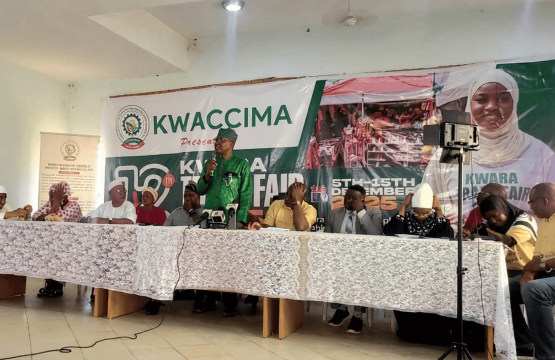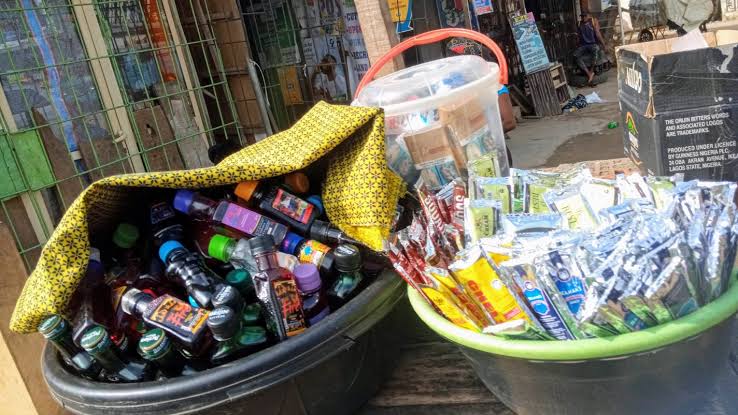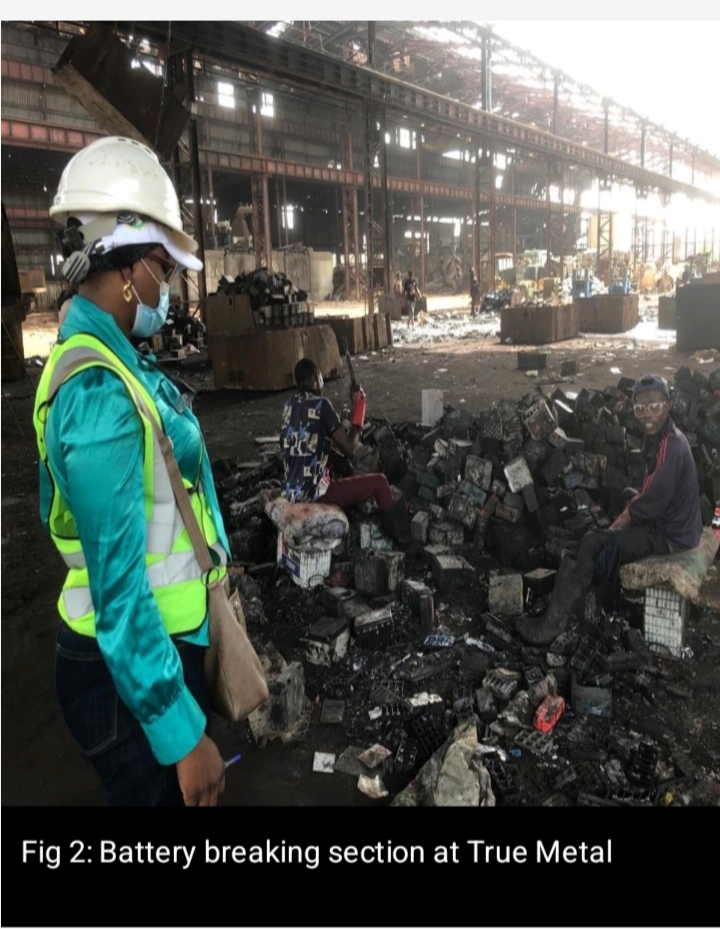▪︎Olayemi Cardoso, Governor of CBN at the CIBN event.
By Franklin Ocheneyi
Olayemi Cardoso, the Governor of the Central Bank of Nigeria (CBN) has acknowledged that the foreign exchange restriction on 43 items it recently lifted is a trade policy which falls outside the apex bank’s mandates.
“It is important to note that trade policy is
primarily the responsibility of the fiscal authorities, and delving into such matters falls outside the purview of the CBN,” he said.
He made the clarification during the Chartered Institute of Bankers of Nigeria (CIBN) 58th Annual Bankers’ Dinner and Grand Finale of the Institute’s 60th Anniversary.
He said: ” Allow me to provide further clarification on the issue of the 43 items.
First, it is important to note that these items were never outrightly banned by the government.
The CBN had imposed restrictions on their access to foreign exchange in the official market.
However, these restrictions resulted in increased demand for foreign exchange in the parallel market, leading to the depreciation of the exchange rate in that segment of the Nigerian Foreign Exchange Market (NFEM) and widening the premium between the parallel and official
market.
Studies have shown that during the period when the 43
items were restricted, there was a 51.0% increase in trade evasion by importers accessing the foreign exchange market, resulting in a
revenue drop of approximately US$1.4 billion, or US$275 million annually, between 2015 and 2019.
Additionally, revenue from tariffs on goods decreased from a high of approximately US$920 million in 2011 to about US$250 million in 2017.
In 2019, the actual tariff on goods stood at US$320 million, but counter factual evidence suggests that as much as US$680 million could have been earned in the same year.
Furthermore, evidence has shown that foreign exchange restrictions had an adverse impact on Nigerian households and contributed to inflationary pressures. The reduction in trade restrictions and levies on rice,sugar, and wheat by 50.0% had only a minimal impact on welfare, with a 0.8% improvement, and a mere 0.4% reduction in extreme poverty.
Moreover, the benefits of trade gains for the general population were negligible, as the average industry in Nigeria pays 13.7% more for its inputs.”
Manufacturers Unhappy Of The Policy Somersaults
However, local manufacturers are not happy with the removal of the ban on the 43 items, stressing that it is capable of collapsing many industries very soon.
The Vice Chairman of Basic Metal, Iron and Steel Products sector of the Manufacturers Association of Nigeria (MAN), Mr. Lekan Adewoye, has advised the Federal Government to urgently reverse its decision to remove ban on 43 items on foreign exchange restriction by the Central Bank of Nigeria, (CBN).
Adewoye, totally condemned the new CBN policy , asserting “This directive will further kill the manufacturing industry that is already struggling to survive.
” The problem is about policy somersaults., some of our members who have outrightly invested in backward integration will now start to regret this move because everyone who can assess FOREX will claim to be an importer, forcing sincere manufacturers to close shop and increasing the numbers of jobless persons.”
He laments further: ” “Lack of consultation, I can speak for manufacturers because we always try our best to engage the government on some critical issues and decisions, but when some of these decisions are being taken, manufacturers are not being consulted.
“Even when the 43 items were put on the restriction list, there was no consultation. It was just at the end of the day, we felt that to a reasonable extent, the decision were in the interest of manufacturers, but there were a couple of items on that list, that some manufacturers use at that time, some of those manufacturers were also affected and government is taking a decision to remove the entire items on that list without proper consultation with the Manufacturers Association of Nigeria, to even have an idea of what effect will this have on their businesses.
“I want to assure you that many industries will shutdown very soon and this will lead to lost of jobs and insecurity will be alarming in the country. Nigeria has all it needs to produce Iron Rods and other items on this list, opening up the market will be a disincentive to manufacturers that continue to put their resources and investment into growing the industry.”
Similarly, Dr. Abubakar Aliyu, a former Permanent Secretary at the Ministry of Innovation, Science and Technology, also expressed concerns about the removed forex restriction on 43 items by the CBN, and said it will greatly affect the MAN members companies .
He encouraged the leadership of MAN and the RMRDC to strongly engage the Federal Government on the issue , because, it will seriously affect the performance of the sector .
Background
CBN, had in a circular in June 2015, published a list of imported goods and services that will not be eligible for foreign exchange in the Nigerian foreign currency market.
The list which was originally 41 was updated to include two more items.
Below were the list of the items:
1. Rice
2. Cement
3. Margarine
4. Palm kernel
5. Palm oil products
6. Vegetable oils
7. Meat and processed meat products
8. Vegetables and processed vegetable products
9. Poultry and processed poultry products
10. Tinned fish in sauce (Geisha)/sardine
11. Cold rolled steel sheets
12. Galvanized steel sheets
13. Roofing sheets
14. Wheelbarrows
15. Head pans
16. Metal boxes and containers
17. Enamelware
18. Steel drums
19. Steel pipes
20. Wire rods (deformed and not deformed)
21. Iron rods
22. Reinforcing bars
23. Wire mesh
24. Steel nails
25. Security and razor fencing and poles
26. Wood particle boards and panels
27. Wood fiberboards and panels
28. Plywood boards and panels
29. Wooden doors
30. Toothpicks
Glass and glassware
32. Kitchen utensils
33. Tableware
34. Tiles-vitrified and ceramic
35. Gas cylinders
36. Woven fabrics
37. Clothes
38. Plastic and rubber products
39. Polypropylene granules
40. Cellophane wrappers and bags
41. Soap and cosmetics
42. Tomatoes/tomato pastes
43. Eurobond/foreign currency bond/ share purchases.










